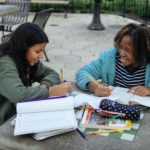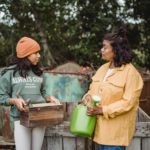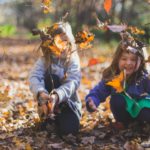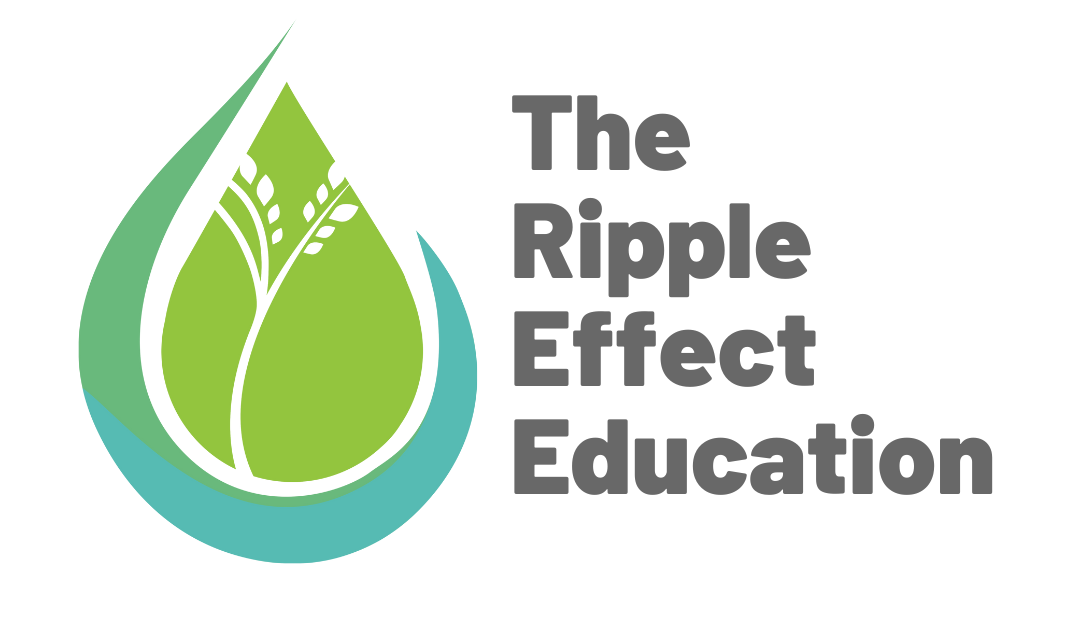The TREE Blog: Ripples of Knowledge

Gottman’s 4 Horsemen, and What We Can Try Instead
When having conflict conversations, it can be easy to engage in behaviours that aren’t actually helpful to the situation. I know it happens to me sometimes, and it can happen in any relationship. Therapist Dr. John Gottman identified four behaviours, which he called the “Four Horsemen of the Apocalypse,” that

3 Peaceful Ways for Educators to Rest this Summer
I smiled and waved at the screen, thanked the class for their great participation and wished them well for the rest of their quadmester. There were seconds of silence, the “bloop-bloop” MS Teams log-out sound, and an anticlimactic rising in me. “Thud,” is the sound that would come after closing

Celebrating Pride: Book List for Children and Youth
June is Pride Month! While we at TREE affirm and celebrate the 2SLGBTQIA+ community all year round, this is a special opportunity for us to celebrate and affirm the importance of recognizing queer identities. We are committed to supporting 2SLGBTQIA+ youth in our community! This non-exhaustive book list has been

Transforming Classrooms: The Impact of Peace Education
“Make sure you have strategies to maintain authority in the classroom.”“You can’t let your students walk all over you.”“You’re their teacher, not their friend.” As a Teachers College student, these are phrases I’ve heard from various educators. I’ve received several assignments focusing on how to establish classroom expectations on the

Six Conflict Conversation Starters
I can count the number of times I’ve sat in silence with someone, building up the courage to begin a tough conversation. It takes me a few minutes to commit to the conversation, knowing I want to share how I’m feeling and ask them what’s going on for them. In

Engaging Mindfully Outdoors: Activities and Strategies for Kids
With greater amounts of screen time and indoor time these days, it’s more important than ever to cultivate healthy habits that get us outside to connect with our natural environment. Practicing mindfulness exercises can help us at any age to pay attention to the current moment and our surroundings. Intentional

